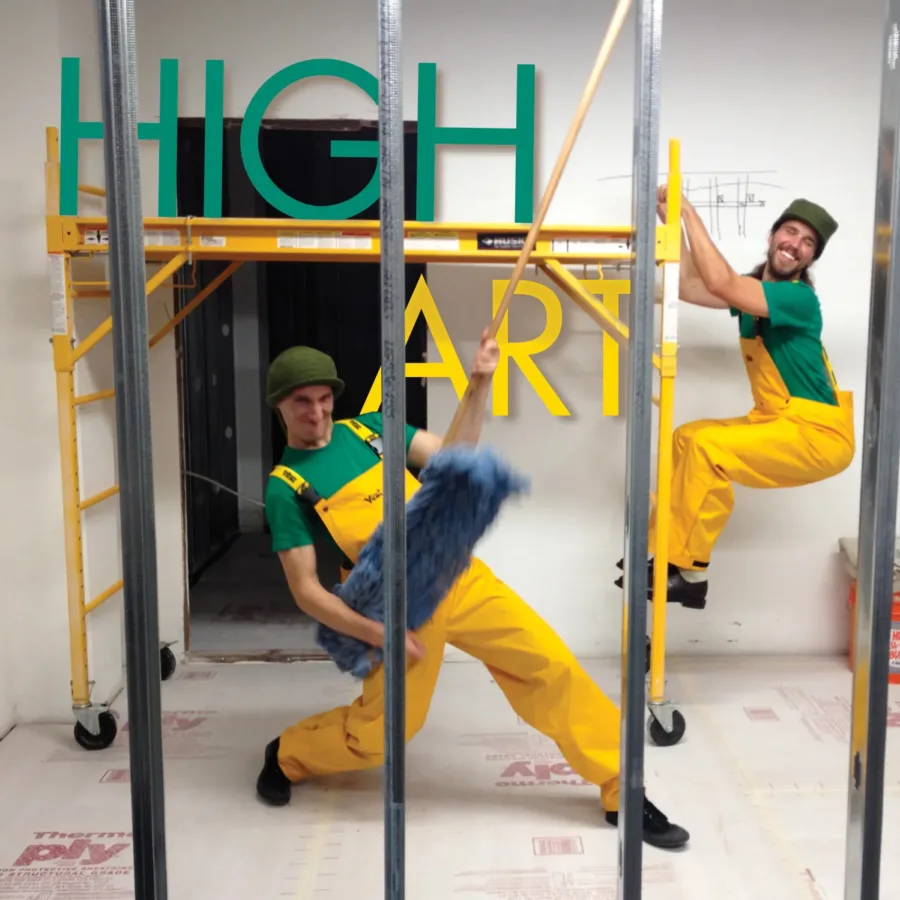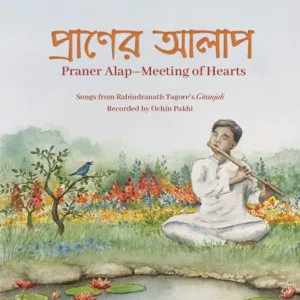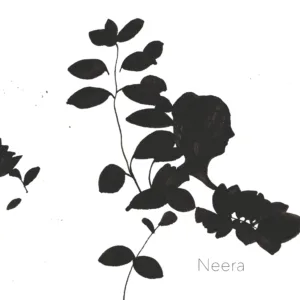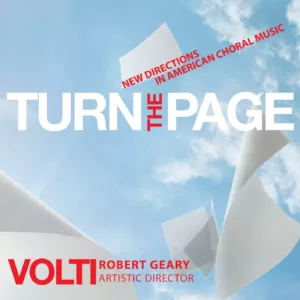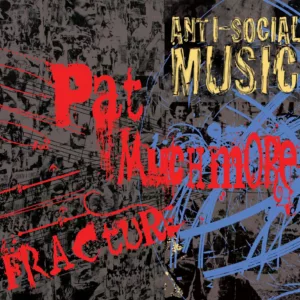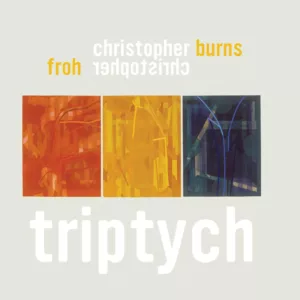The Living Earth Show’s debut album, High Art, begins with a blues lick gone awry – a hit cymbal and a pitch-bent guitar – and ends with electronics eating themselves. In between, the Living Earth Show — two Bay Area Indie-Classicists with a cult following — crafts an album that stretches the definitions of “art” and “popular” music. High Artnavigates the traditions of classical, rock and roll, blues, and electronic music, stitching them into to a groundbreaking statement on the past, present, and future of American music.
Although the duo of Travis Andrews (electric guitar) and Andy Meyerson (drums/percussion) wields the building blocks of American popular music from the last half-century, High Art is a classical record first and foremost, albeit with a Left Coast attitude. The ensemble commissioned four of the most talented young American composers to conjure ambient wonders, creating a dialogue between contemporary classical and laid-back popular music, as well as elements of sound manipulation and electro-acoustics.
Samuel Carl Adams’ “Tension Study 1” transports the listener to a sound world where spectral snapshots of blues gestures float through outer space, bathed in electronic resonance, eventually coalescing in a cinematic and explosive payoff of glitchy, cathartic guitar and drums.
The deceptively complex technical virtuosity required by Timo Andres’ “You broke it, you bought it” belies the hypnotically subtle textures that seamlessly meld the guitar and vibraphone. The album’s centerpiece, Adrian Knight’s “Family Man,” is a simultaneously beautiful and hauntingly heavy bitcrushed symphony, located at the intersection of Morton Feldman and Sigur Ros. Like Steve Reich fronting Sepultura, Jon Russell’s “Repetitive Stress” is a primitively heavy, ear-splitting minimalistic rocker of a chamber music composition, highlighting the players’ experience with San Francisco’s metal troupe Freighter. The album concludes with Samuel Adams’ “Tension Study 2,” a piece both beautiful and mechanical, perhaps like a dove being eaten by the Internet?
